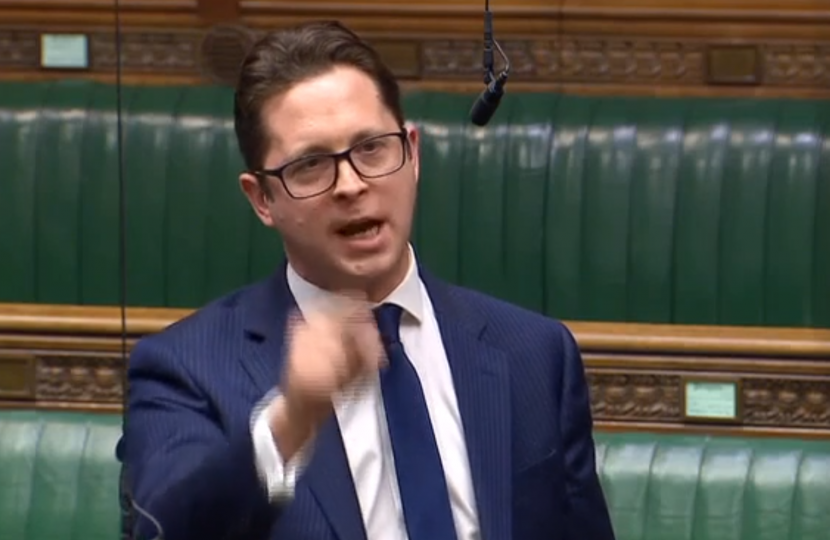
MPs are set to be able to quiz ministers via Zoom for the first time in the House of Commons 700-year history, following agreement by the House authorities.
Approval has been given to allow up to 120 MPs at any one time to take part in proceedings virtually, while around 50 could remain in the chamber under strict social distancing rules.
There is an expectation that fewer MPs will be present in the Chamber as many will have difficulties getting to Parliament. All Members are encouraged to work virtually, especially as any MP in the Chamber will be treated the same as one appearing virtually and would only be called to speak if listed.
The unprecedented step towards a ‘hybrid’ House was taken by the House of Commons Commission - on which the Speaker, Leader, Shadow Leader and an SNP spokesperson sit - in a bid to keep democracy going during the coronavirus crisis.
The historic measures will still need the approval of MPs when they return from their extended Easter recess at 14:30 on 21 April.
The hybrid model was developed at speed and chosen as an achievable first step towards a virtual Parliament – having the benefit of meeting current technological capacity.
Speaker Sir Lindsay Hoyle, who chairs the Commission and instigated the measures, praised the House authorities, Broadcasting Team and Parliamentary Digital Service for their incredible efforts to achieve so much in a short time.
But he said he was concerned that MPs and staff returning to the Parliamentary estate took great efforts to keep themselves safe and well, while observing Public Health England advice, during the continuing pandemic.
“By initiating a hybrid solution, with steps towards an entirely virtual Parliament, we are enabling Members to stay close to their communities, while continuing their important work scrutinising the Government,” Sir Lindsay said.
“I do not want Members and House staff putting themselves at risk. By working virtually, this is our contribution to the guidance of stay home, protect the NHS and save lives.”
If the new measures are agreed, it will mean from Wednesday, 22 April, some MPs will be able to take part in Prime Minister’s Questions, any urgent questions and statements via video link for the first two hours of each sitting day.
A number of screens will be placed around the chamber to allow the Speaker and MPs present in the chamber to be able to see their ‘virtual’ colleagues.
To ensure all Members are treated equally, those joining by Zoom will be expected not to display or draw attention to objects... to illustrate their contributions.
The Commission noted that if a Member is called “but cannot be heard or seen for technological reasons, it should be possible for them to be called later in the proceedings and that there can be no opportunity for interventions and no points of order should be raised when hybrid proceedings are underway."
The Commission was told that once the delivery of the hybrid proceedings is judged satisfactory and sustainable, the House Service will work to extend the model to debates on motions and legislation as quickly as possible.
It will also be up to the House to decide on any change to a system of remote voting in divisions of the House.
The Commission was also told that thanks to staff who enabled virtual Select committees to take place during the recess, it would be possible to support as many as 20 virtual committee meetings a week from 20 April.

